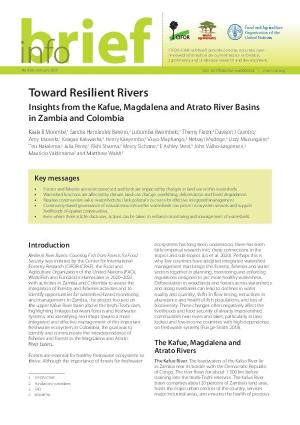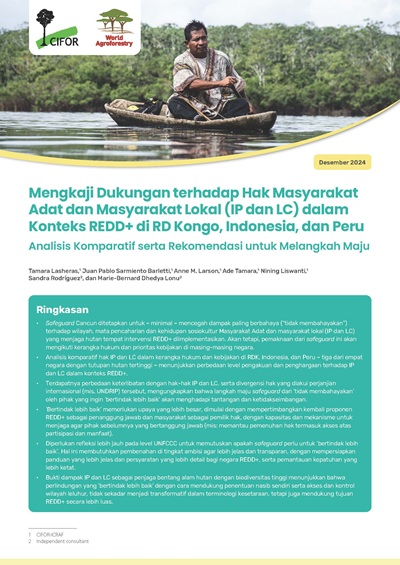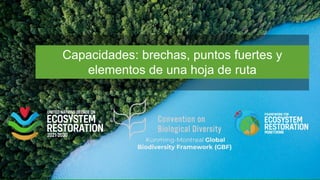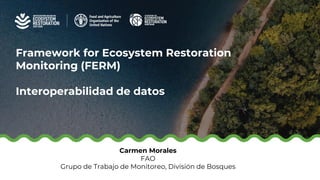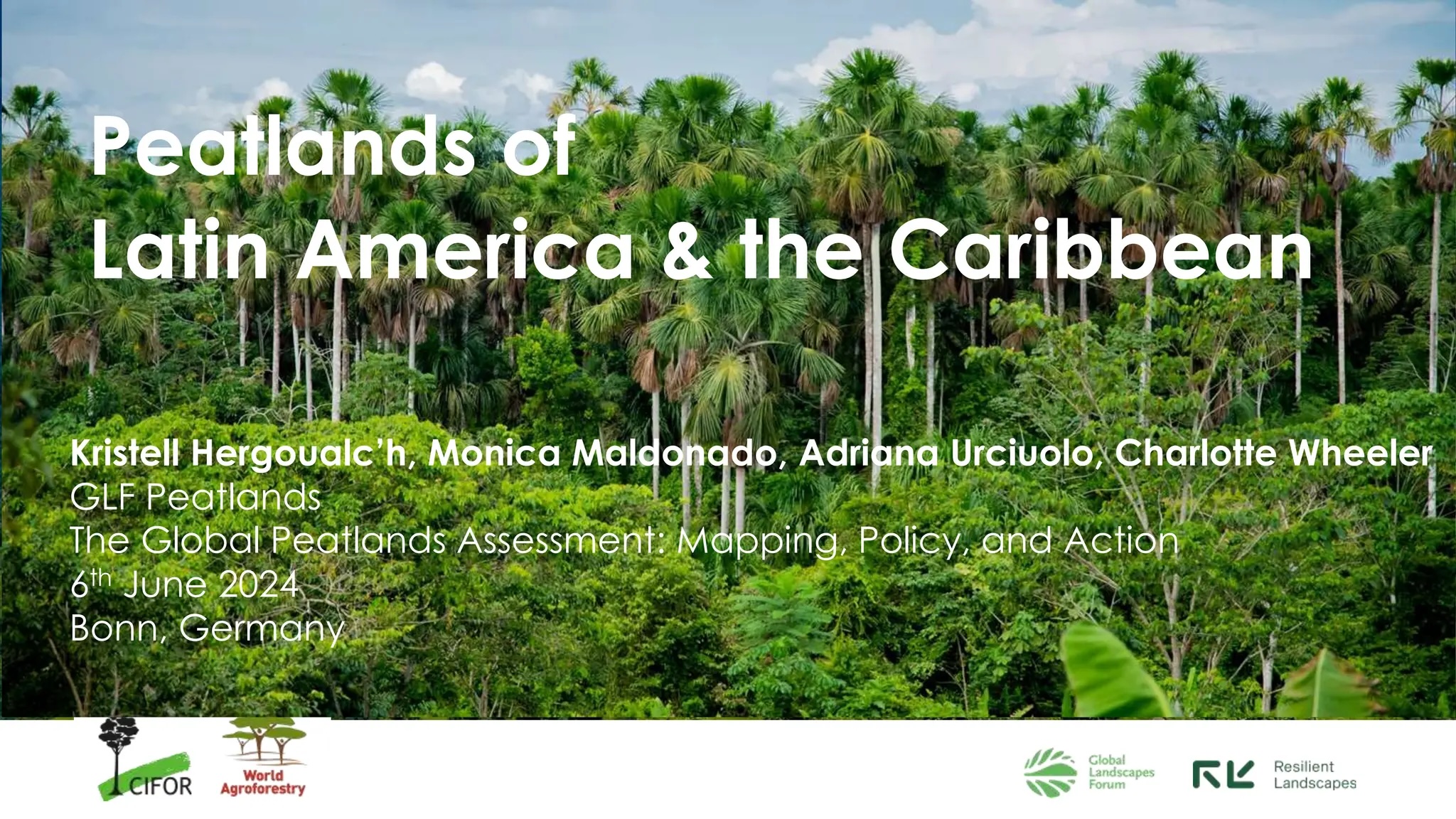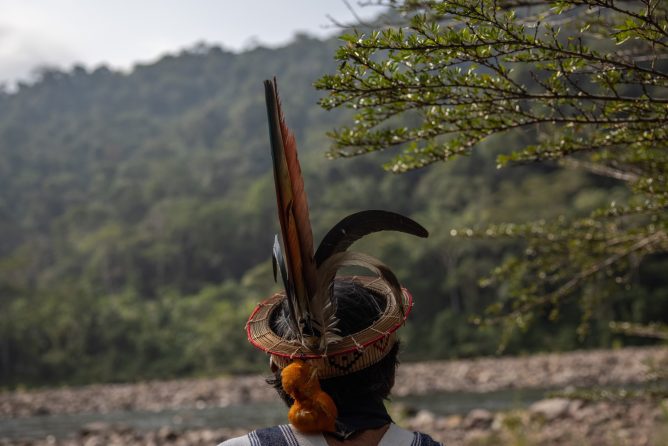Latin America’s rich agricultural lands and forests provide food, shelter and livelihoods for millions of people. These landscapes harbour globally important products – from palm oil, coffee, cocoa and biofuel crops to Brazil nuts and timber – but global heating, deforestation and forest degradation are threatening both ecosystems and livelihoods.
CIFOR-ICRAF’s work in the region aims to strengthen livelihoods and mitigate climate change with agroforestry systems, support communities and Indigenous organizations in securing their land tenure rights, and support government efforts to meet global and national biodiversity targets, as well as deforestation and restoration national goals.
REGIONAL FOCAL POINT
About our work in Latin America
Latin America is rich in organizations that have the capacity to carry out effective research for development. For over 25 years, we have worked in Latin America, building long-term collaborations on nature-based solutions to climate change, systems thinking for better livelihood and production methodologies, and participatory action for sustainable development.
Our work
Work in Latin America covers a wide range of topics, including reducing deforestation and forest degradation and, REDD+ forest management and restoration, biodiversity and ecosystem services, improvement of agroforestry systems through adapted to the local context with the Options by Context approach, bioeconomy, environmental hotspots such as tropical peatlands and coastal ecosystems for mitigation and adaptation to climate change, collective tenure, rights and livelihoods in traditional forestlands, community forest management, multistakeholder forum processes, and gender dynamics.
Key outcomes
We are proud of our contributions to:
- Peruvian legislation on restoration through tree plantations (2017) and technical norms for multiple forest use in Brazil nut concessions (2016)
- Official definition of agroforestry in Peru through support to the Ministry of Agrarian Development and Irrigation
- Government of Peru in creating conditions for the successful scaling of agroforestry concessions
- Peru’s upcoming national restoration strategy, Programa Nacional de Recuperación de Áreas Degradadas (PNRAD) and membership in the science advisory committee
- Revision of norms for granting forest concessions in the Maya Biosphere Reserve, Petén, Guatemala
- Recognition of peatlands in Peru’s climate change policy
- Partnership with GCF Task Force delegates to address gender issues in forest and climate actions.
Partners
- Amazon
- Global Environment Facility (GEF), through the United Nations Development Programme (UNDP)
- International Climate Initiative of the Federal Government of Germany
- SeCompetitivo Program, initiative of the Swiss Cooperation (SECO) in collaboration with the Ministry of Economy and Finance of Peru
- World Bank Group



















